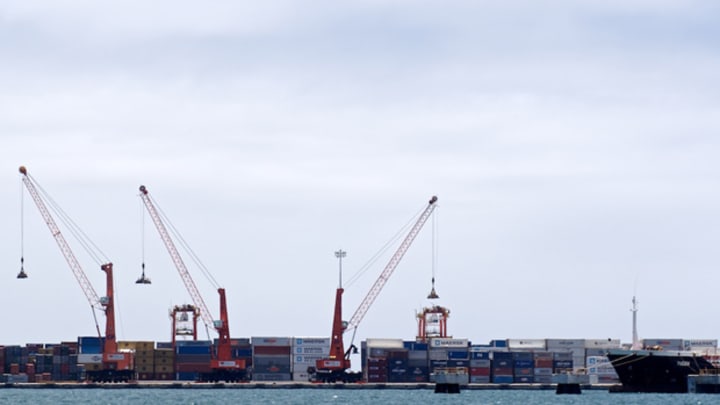
Africa as a whole is a thriving economy that consistently outpaces the expectations of the global financial community. With its enormous size and diversity, it goes without saying that there are endless investment opportunities.
I have been doing business in Africa for years, and I have personally witnessed its economic rise. Today, countries like Nigeria and Kenya will certainly be significant and powerful economies. Thousands of investors have already transitioned their businesses and funds to exciting new ventures on the continent, but that can still leave out many African companies and regions that have not already had their full economic boom.
Growing in leaps and bounds
To start, there is the S-curve. African development, once initiated, latches hold and grows at an exponential rate.
Take, for example, this 2011 study that shows that in 2010, 12 percent of Egyptians drank clean pasteurized milk. Two years later, it was 29 percent. More than double the number of Egyptians were drinking clean milk when it was widely available to them. Yet after the initial period of rapid expansion, the penetration growth can slow down, heading into the steady plateau of the S-curve. Once you get 60 percent drinking clean milk, it’s much harder to get to 65 percent. Many investments in Africa can yield strong results quickly if one catches the right part of the S-curve.
Getting in on the ground floor of a local project also has the advantage of providing profitable discontinuities. You can get very high margins in Africa, particularly in product or service areas that are new; prices are higher when there are fewer companies providing a commodity or service.
Cartica Capital, for instance, has invested in a port terminal company that is in 22 countries. Its most profitable country is Madagascar, where it is simply the only game in town. New companies do eventually come along and begin to compete, but the original businesses still have high margins because they had that critical head start.
With these advantages it may seem incredible that more companies don’t do business in Africa. That is where the misconceptions come in.
Stable and reliable?
Many foreign investors are wary of committing to ventures in Africa because they perceive it to be an unstable region. As a recent Guardian article puts it, “too many people remain locked into stale narratives of Africa as a land of suffering in need of our salvation.” Parts of the continent are tumultuous, true, but the majority of the countries and economies are steady and expanding.
For many African companies, the primary barrier to gaining international financing is overcoming these misconceptions. It is imperative for them to present their projects and companies in an effective manner that reassures foreign investors at every turn.
The single most important thing is that an investor can read and understand a company’s financials, and that reports are accurate and correct. Investors often want to know what category of business a company falls under, especially since said company will be priced on the basis of comparable related businesses. Having noncore businesses, which may seem unrelated to a company’s primary focus, can also be a disadvantage when investors want to have a business pigeonholed into the right pigeonhole so the comparative financial metrics are meaningful.
African governments also have the responsibility to work to bridge the gap. Most large infrastructure or power projects organized by African national governments are funded significantly by foreign financing, and it is critical that those channels be used to facilitate greater connection between their local businesses and the international finance market.
Rwanda has essentially rebranded itself as a no-corruption country, which has massively benefited its pursuit of foreign investment. In fact, there are companies, including many European companies, which are moving their headquarters to Rwanda as a means of highlighting their companies’ stance against corruption and hoping this means they will not be asked for bribes when doing business in neighboring countries.
Challenges remain, for investors and for African companies, but Africa has a bright economic future especially if the reform momentum and urbanization proceed apace. More and more investors are realizing the benefits of working in the region, and as African companies and governments place even more emphasis on forging a reputation for reliability, the international business image of Africa will improve.
IGD’s Leadership, Employability and Skills program was launched at the Frontier 100 Forum — of which Devex was a media partner — on Oct. 21-22 in New York. Follow the Frontier 100 Forum’s conversation by subscribing to the IGD Blog and by using the hashtag #Frontier100 on Twitter and Facebook.
Join the Devex community and access more in-depth analysis, breaking news and business advice — and a host of other services — on international development, humanitarian aid and global health.




